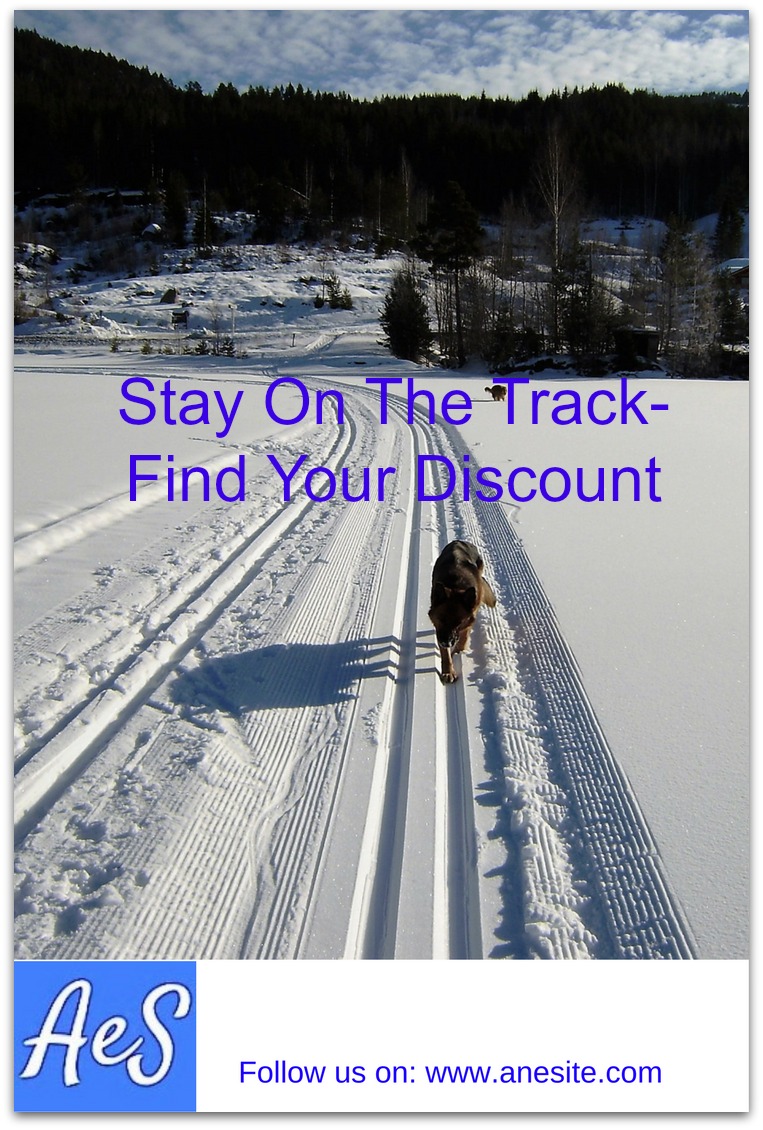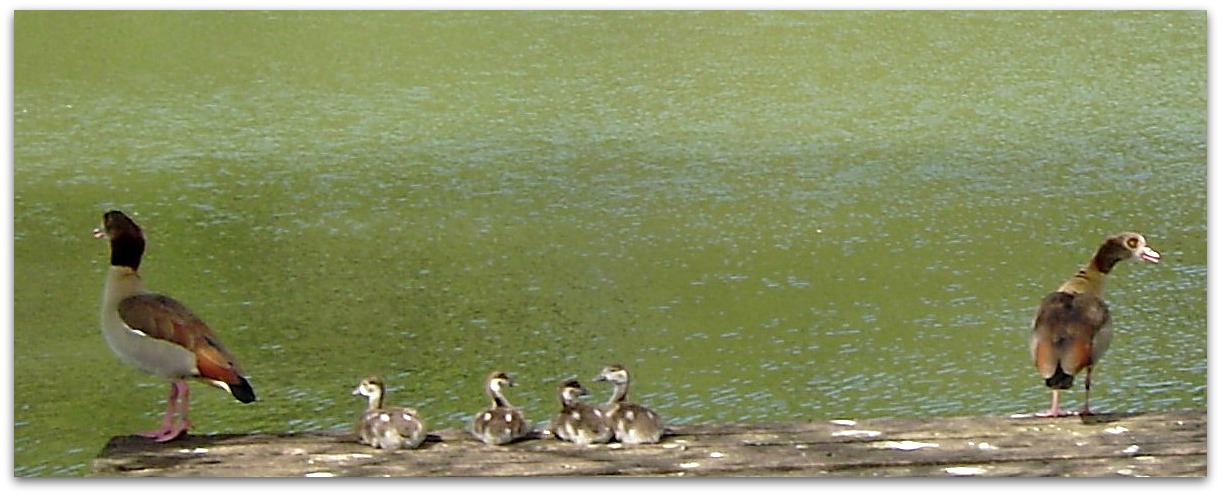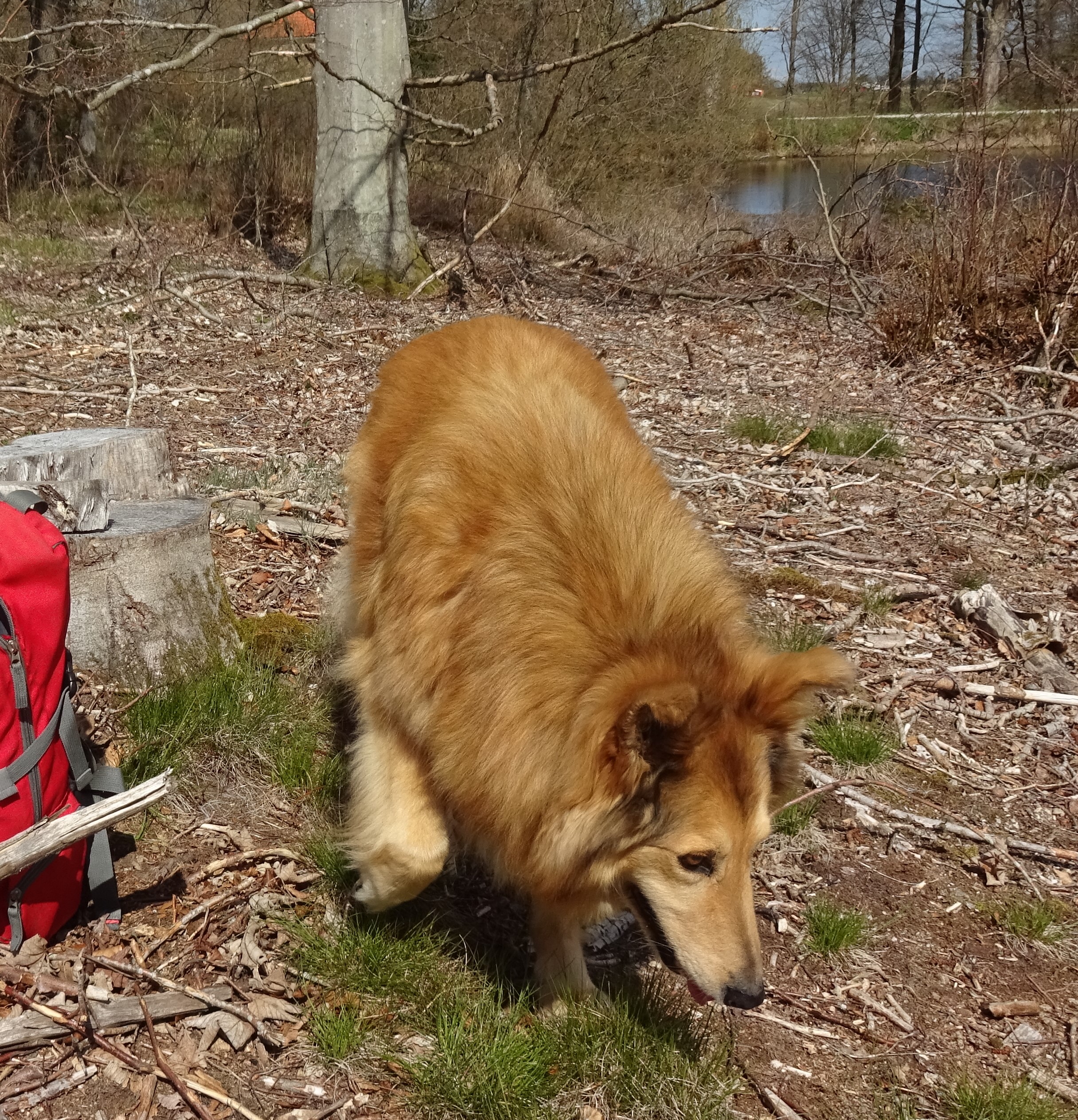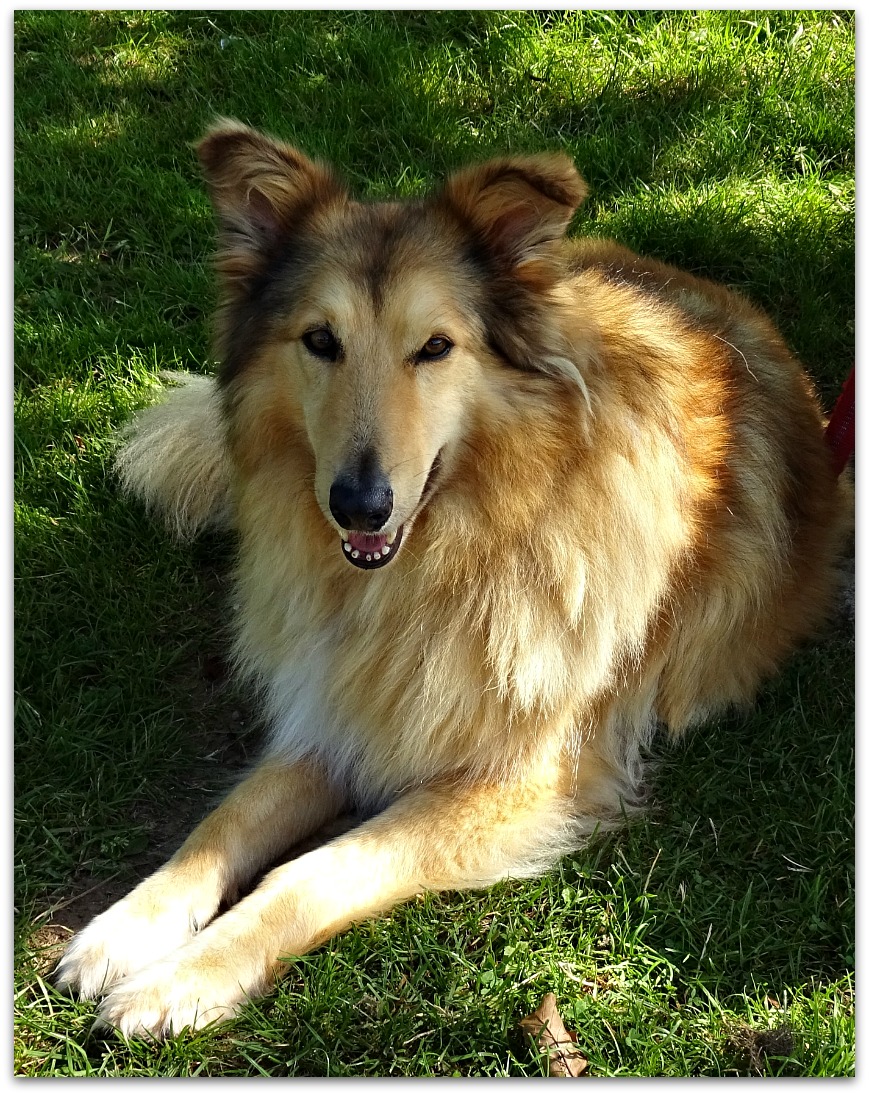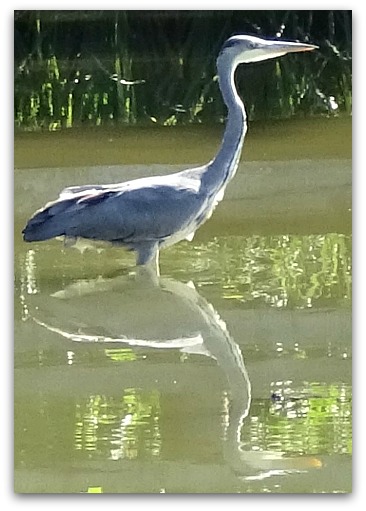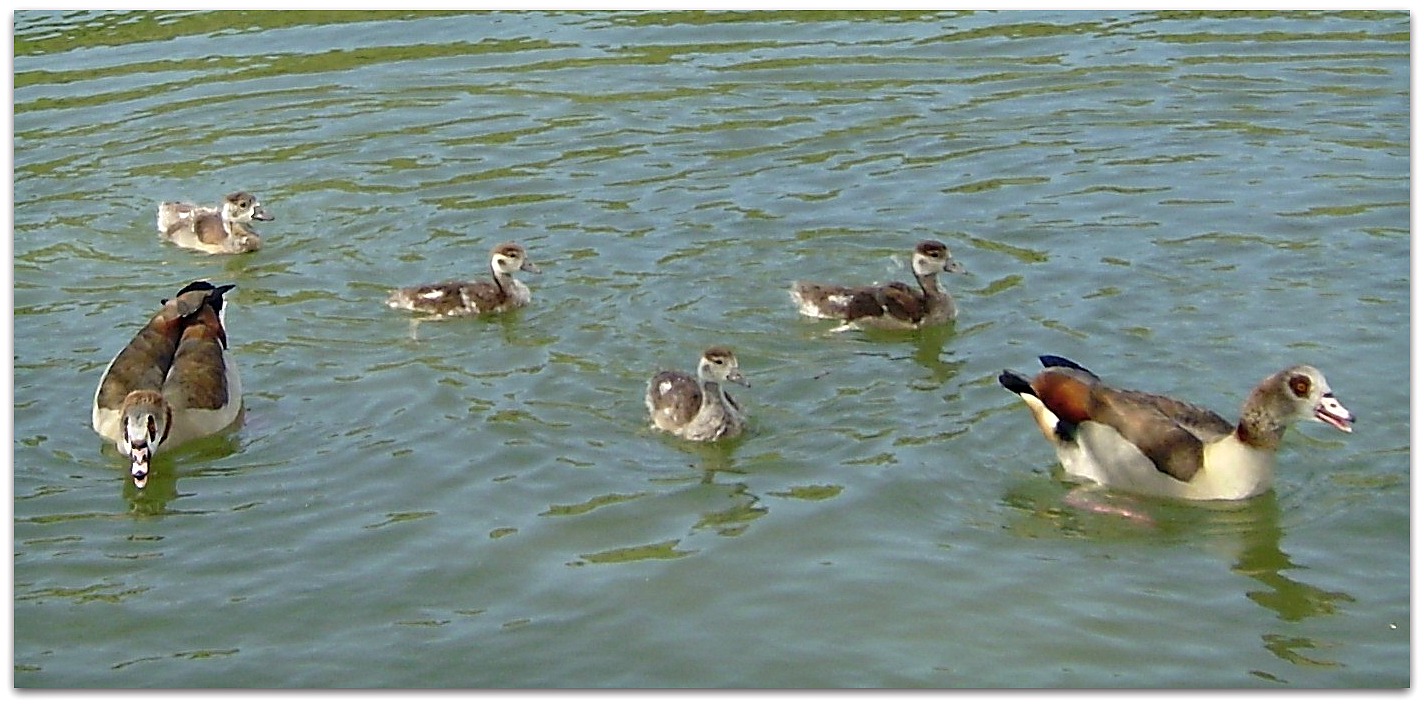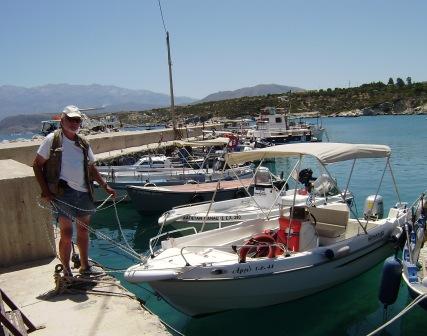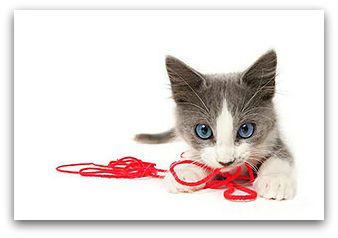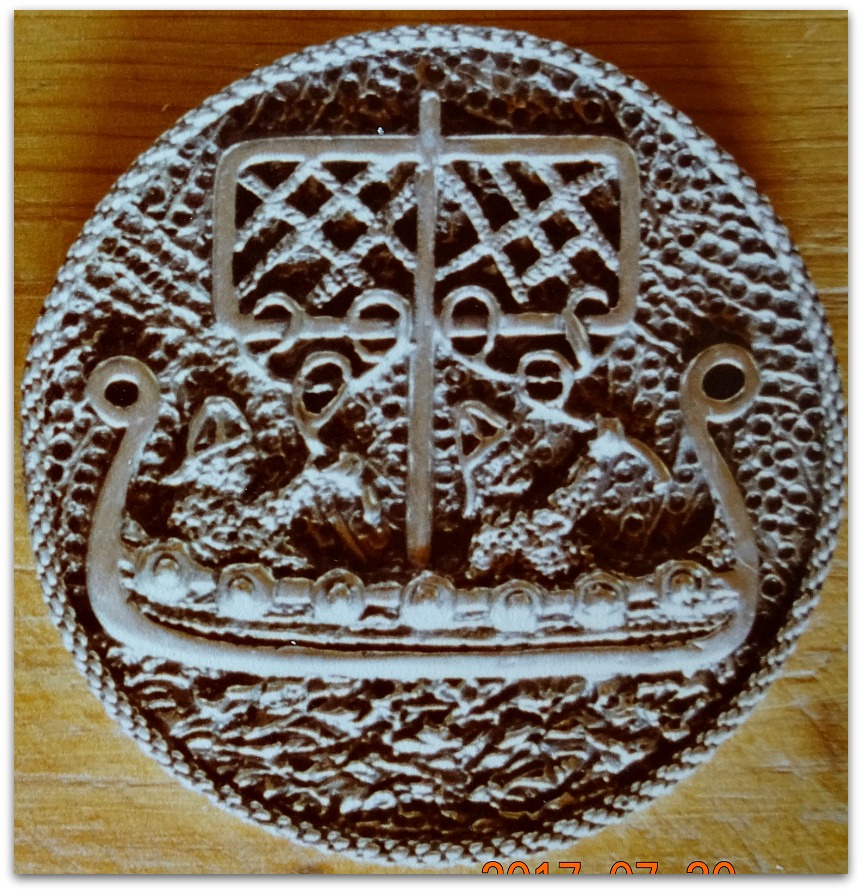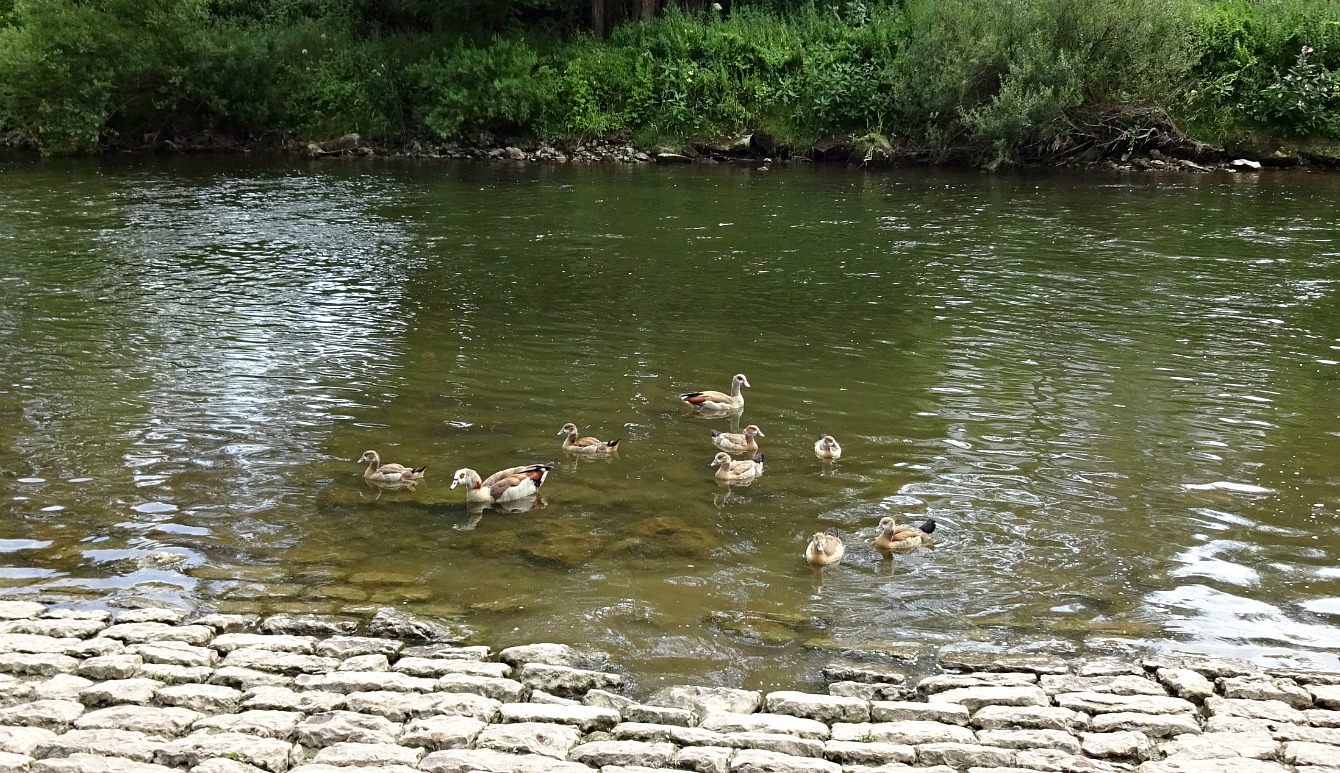Best Pay Per Click
Best pay per click (PPC) search engines can be a powerful, instant source of qualified traffic for your web site - provided you do your homework and invest a bit of time in managing your campaign.
In fact, many web site owners who have mastered keyword targeting and know the "insider" bidding strategies tell me that over 90% of their traffic comes straight from the best pay per click search engines!
So in the following article, I'm going to show you the strategies and tools these folks are using- so you can duplicate their success.
Specifically, I'm going to show you hot new targeting options and bid-management tools being offered by the pay per click search engines that you can use to increase your web site traffic while keeping your bidding costs low.
Seven best pay per click bidding strategies that will help you get the most "bang" for your advertising buck!
A lot of people think the only way to develop a successful best pay per click campaign is to get the highest ranking with a popular keyword in the top two PPC search engines, Overture: "http://www.overture.com"
and Google AdWords: "https://www.google.com/ads"
Now, it's true that a top-ranked ad with either of these two industry giants will guarantee your site a lot of exposure (as long as you're bidding on keywords that a substantial number of people are searching for).
The problem is that you often have to pay more for these #1 spots. And in the case of the more competitive keywords, this can means bids of $1.50
to $5.00 (or more!) per click.
If you want to be successful with the pay per click search engines, you need to bid
on keywords that attract clicks from "qualified" buyers (as opposed
to "tire kickers" who will drive your costs up) while keeping
your bids as low as possible.
Here are some tips that will help you accomplish this:
1. Figure out what you can afford to bid
This might sound obvious, but it needs to be said: Don't bid more than you can afford!
A lot of businesses make this mistake.
Before you pay for advertising of any sort, calculate the value of a single visitor to your web site.
Once you know what ONE visitor is worth, you'll know the maximum amount you can afford to pay per click.
2. "Number One" isn't always best!
You don't always need to be ranked #1 for keywords to attract visitors. Sure, it helps if your ad appears in the top 10 results. But people click on listings featured on the second and even third page of results for competitive keywords.
So run some tests! Vary your bids so that your listing appears higher and
lower on the page and see what effect the ranking has on your profits.
You may actually find that for more costly keywords, a slightly lower
ranking is more profitable.
3. Bid on low-cost variations and common misspellings
Frequently, you will see businesses bidding as much as $5.00 a click for popular keywords- while NOBODY is bidding on common misspellings and similar keywords that cost just pennies per click!
Use Site Build It! to locate keywords that relate to your business and are frequently searched by your market, but that none of your competitors are bidding on.
4. Bid on highly targeted phrases with less traffic
Rather than bid on a handful of "general" keywords, which tend to be more
expensive because they get the highest number of searches, bid on
dozens- or even hundreds- of highly "targeted" best pay per click keywords, which
tend to be cheap.
For example, instead of bidding on "pet supplies," you might bid on "red dog leash," "oversize dog kennel," and "cat toys with bells."
You'll see better sales conversions on the more targeted keywords because
they attract more qualified buyers. And since no one is bidding on
these keywords, your advertising costs associated with this traffic
are extremely low!
Another benefit of this strategy is that you can direct these qualified visitors to a page that gives them exactly what they're looking for. In the above example, your listing for the keyword, "oversize dog kennel" could link directly to your dog kennel catalog page, rather than the home page of your pet supply store.
5. Bid on best pay per click keywords in the lesser-known PPC search engines
Overture and Google are the PPC industry leaders, but some of the smaller best pay per click search engines are worth checking out as well. The most popular ones
are:
- Findwhat: "http://www.findwhat.com"
- Kanoodle: "http://www.kanoodle.com"
- Enhance Interactive: "http://www.enhance.com"
- LookSmart: "http://www.looksmart.com"
- Espotting: (for the UK & Europe) "http://www.espotting.com" )
These best pay per click engines won't get you the same exposure you might get with Overture and Google AdWords, but you can still generate a respectable amount of traffic with them. And best of all, they're much cheaper!
6. Create separate ads for each product or service you sell
This is an extremely effective strategy, but very few businesses are using it: Write ads specific to each best pay per click keyword and phrase you bid on.
For example, instead of writing an ad for "sporting goods," write one for "quality leather soccer balls," another for "discount ladies' tennis shoes," and so on.
These customized ads will attract more attention (and best pay per clicks!) from qualified buyers. And of course, you'll be able to convert more of these visitors to buyers if you direct them to a page on your site with the exact product or service they're searching for.
7. Get listed in relevant specialty best pay per click search engines
Did you know that there are specialty best pay per click search engines that target different markets- like brides, pet owners, antique collectors, car owners, etc.?
Check out: "http://www.payperclicksearchengines.com/specialty-pay-per-click-search-engines.shtml" to see if there are any relevant to YOUR business that might be worth
getting listed in.
Seven new ways to target your best pay per click campaigns (to keep clicks HIGH and costs LOW)!
Best pay per click search engines are constantly looking for new ways to improve
their services- and your results. After all, they WANT you to keep
purchasing advertising from them (not their competitors).
Here's an overview of some great tools they're offering to help you
better target your ads and keep your campaign costs down:
1. Keyword Matching Options
(Offered by Overture and Google AdWords)
Overture and Google AdWords both offer options that allow you to fine-tune the way your keyword is matched to the phrases people type into their engines.
Their options differ slightly, but here's a rough breakdown:
- Exact match:
A listing is triggered by the exact keyword phrase and nothing else.
Example:
"fishing rods" will match "fishing rods" but not "fancy fishing
rods."
- Phrase match:
A listing is triggered by the keyword phrase as it is written, though it might be included with other terms as well.
Example:
"fishing rods" will match "antique fishing rods and reels" but not "rods fishing."
- "Broad match:
A listing is triggered by the keyword phrase or slight variations of it, even if the words are out of order or separated by other words.
Example:
"fishing rods" will match "Rod's Alaskan Fishing Adventure" and possibly
even "Rod's Fish & Chips."
WARNING:
The Broad Match option can work well for highly specific queries, such as brand names or serial numbers, but can result in a lot of poorly targeted click-throughs for general terms- especially terms that have more than one meaning, such as "dolly," "tackle,"
or "nails."
- Negative match:
When words identified as "negatives" are typed into the search engine along with the keyword phrase, the listing will not appear. Example: "fishing rods -cheap" will match "fishing rods and tackle" but not "cheap fishing rods."
2. Contextual Targeting
(Offered by Overture, Google AdWords, Kanoodle, Enhance Interactive)
Contextual targeting places your best pay per click listing on web sites where the content somehow relates to your ad. Obviously, this can be a great way to increase the expoure of your ad.
However, if you decide to try contextual targeting, be sure to monitor where your ads are being placed, because the effectiveness of contextual targeting can vary widely.
Your ads may end up featured on web sites that have little to do with your advertisement- and therefore attract unqualified click-throughs.
For example, a recent USnews.com article about starting a business had a series of "Hermosa Beach Vacation" Google Ads listed beside it- because the first person interviewed in the story happened to live in Hermosa Beach!
These wasted clicks can quickly drain your bank account if you aren't careful!
3. Geotargeting
(Offered by Overture and Google AdWords)
"Geotargeting" allows you to choose which countries or geographic regions your ads appear in.
This feature is best suited for businesses that offer local services or products that are useful only in specific regions.
For example, if you're a landscaper who lives in Washington state, you probably don't want to pay for click-throughs from out-of-area visitors. After all, Texas-area residents aren't likely to request your services!
4. Day Parting
(Offered by Kanoodle)
Right now, Kanoodle is the only search engine we know that offers this option. "Day parting" allows you to choose the time of day your ads will appear in different regions, so they're only available during "prime viewing times."
For example, if your market testing shows that most people click on your ads to make a purchase in the early evening, you can make sure that your
ads only appear at that time in the different regions where your potential customers live.
5. Keyword Research Tools
(Offered by Overture, Google AdWords, FindWhat,Kanoodle, LookSmart, Enhance Interactive)
The most popular keyword phrases are always the most expensive. Keyword research tools help you find common variations and misspellings of the more popular keywords so you can keep costs down while still generating traffic.
More sophisticated keyword research tools let you see how much you need to bid to achieve a particular ranking (i.e. the #1 spot, the #7 spot, etc.) prior to finalizing your bid. They may also provide you with traffic estimates for the different keywords and phrases you bid on.
6. Multiple Ads for the Same Keyword
(Offered by Google AdWords)
Google AdWords allows you to "split-test" different ads for the
same keyword so you can see which ad attracts the most paying customers.
This can save you a lot of time, and enables you to make sure your ads will yield the highest possible return on your investment.
7. "Autobid" Software
(Offered by Overture, Google AdWords, FindWhat, Kanoodle, LookSmart, and Enhance Interactive)
"Autobid" software is a bid management program that tracks the bidding activity on your different keywords and automatically adjusts your bidding amount so that you can maintain your ranking.
The more sophisticated bid management programs allow you to "cap" your bids so that you never spend more than you want.
They also eliminate "bid gaps" that occur when the bidder below your listing drops their bid- your bid is automatically reduced so that you maintain your position without spending more per click than necessary.
Final Thoughts on Best Pay Per Click Searchengines
If you haven't tried a best pay per click search engine campaign yet, I'd recommend doing it soon. There are still tons of cheap, targeted keywords waiting
for your bids- but they may not be around much longer.
More and more online businesses are realizing that- done right- a PPC campaign can be a fabulous source of cheap, instant, highly qualified traffic.
The best advice I can give you is this:
- Bid on lots of cheap, targeted keywords and phrases,
including misspellings- and avoid the expensive general words that everyone is bidding on.
- Never bid more best pay per click than what a single visitor is worth to your site
- it's the best way to make sure your ads remain profitable.
- Get listed in the "other" best pay per click search engines --
you may be able to bid on popular terms you can't afford in Overture and Google AdWords.
- Whenever possible, get ranked in the top 3 listings in Overture and Google AdWords - these ads appear on an extensive network of sites (including Yahoo!, MSN, AltaVista, Excite, and more!) and can reach up to 80% of all active Internet users, so you get more bang for your buck!
- Target your ads as much as possible. Write "custom" ads for each keyword and use the various bid management and targeting tools offered by the different PPC search engines to reduce your costs and increase your clicks.
- Design your landing pages so they convert qualified visitors to buyers. If your ads promise "cat toys with bells," make sure they actually direct visitors to a page where it's easy for them to buy these items!
|
|




